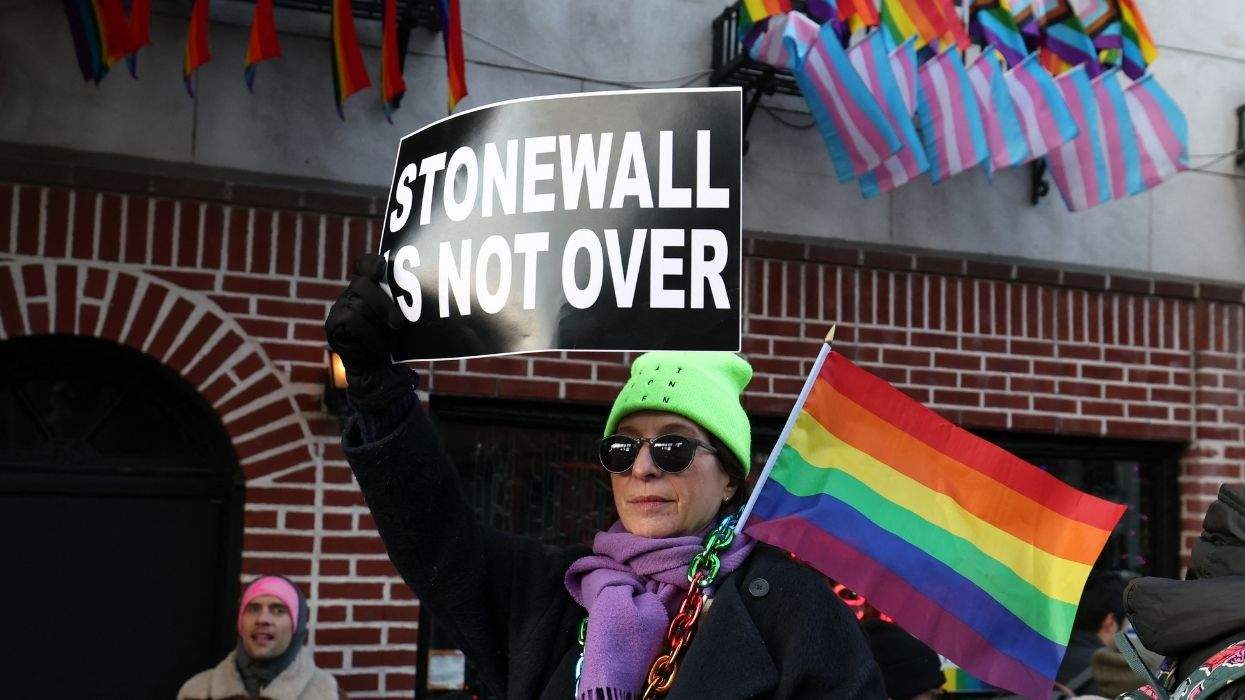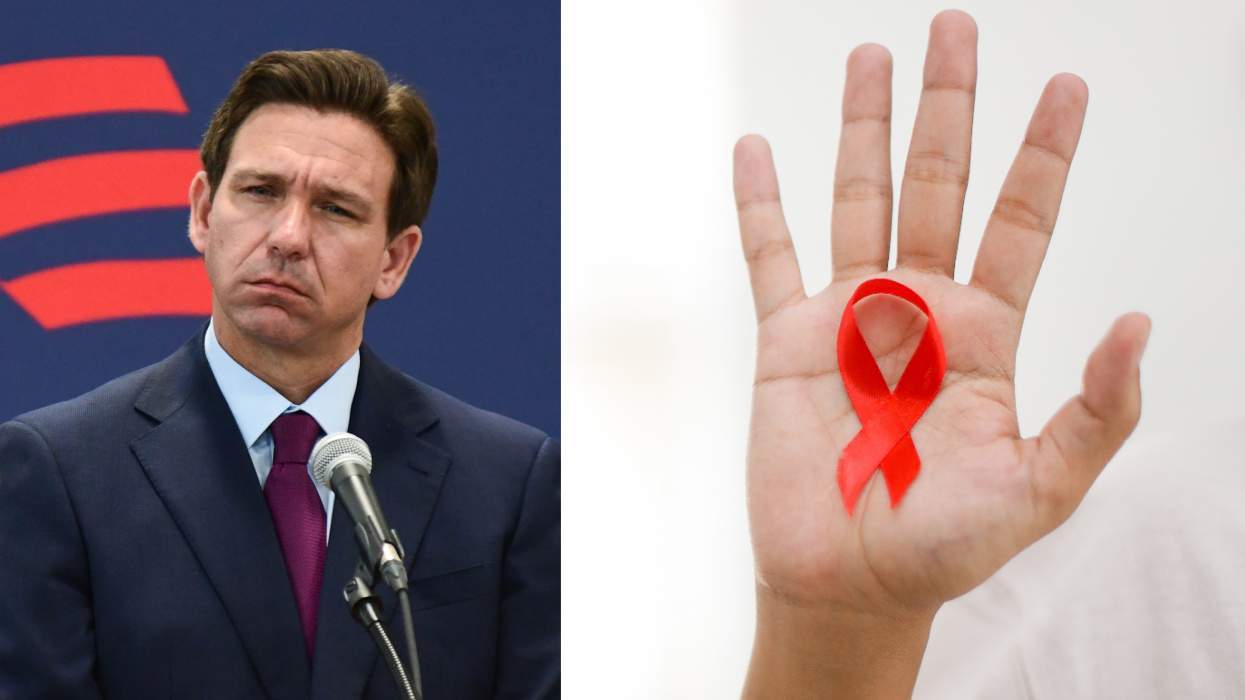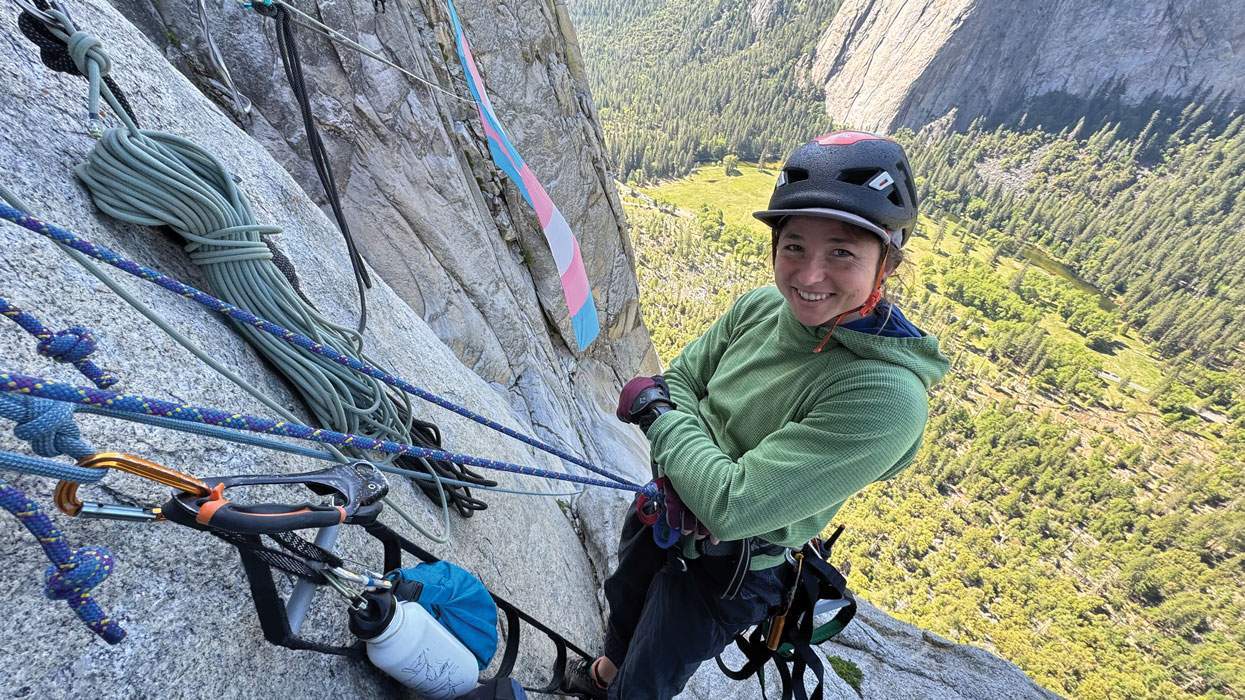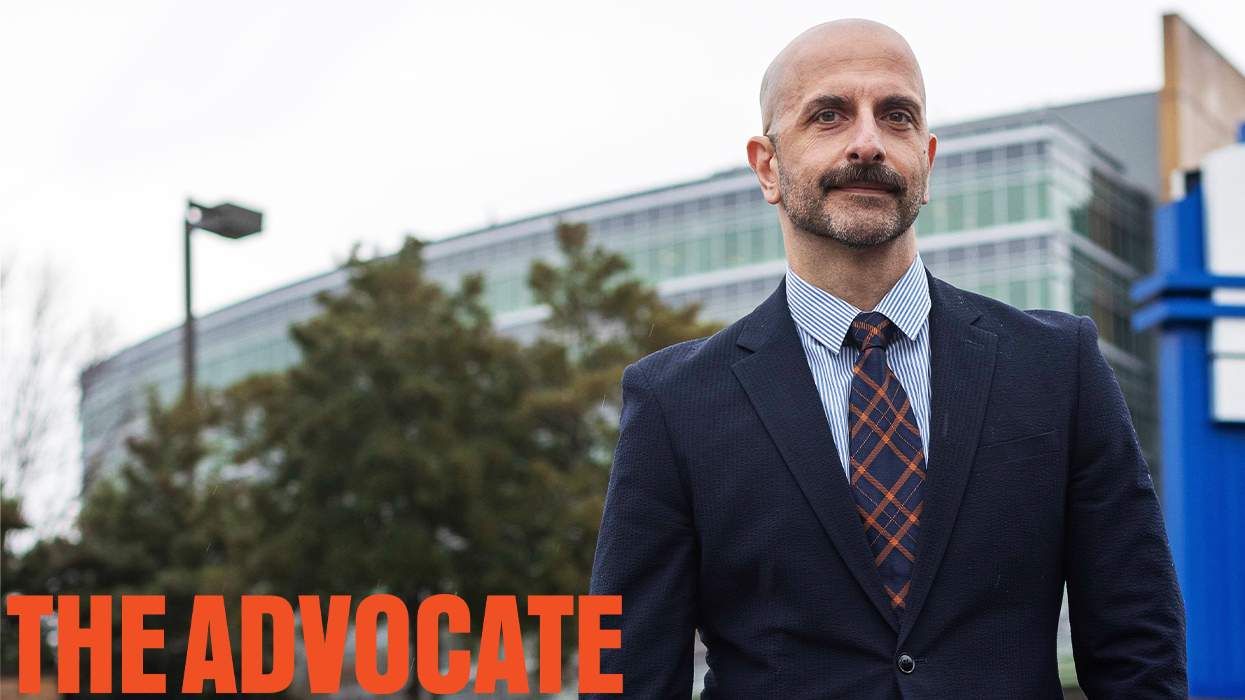Donta Storey grew up honing their skills as a storyteller in the predominantly Black and Latinx community of Compton, Calif. One of six children, they were raised just miles from Hollywood, which may seem like an easy way into the business. But Storey realized early on, if they wanted rich narratives of Black queer joy, they had to be the one to tell them. And that's exactly what they did.
In their directorial debut, Storey's autobiographical short film LiME, currently streaming on Amazon Prime, tells the story of how they found their voice against the backdrop of oppression. A snapshot of a day in the life of a young queer Black boy named Deshawn (played by Urian Ross), LiME (see trailer below) follows Deshawn as he fearlessly auditions for the community majorettes team despite intimidation from his Black cisgender counterparts. For Storey, it's a narrative that hits home -- literally.
"Compton is primarily Black and Hispanic communities, and in those cultures, oftentimes, homophobia is something that we're still working on with our communities, so it was a weird thing for me as a kid," they reflect. "I love where I came from, love it to this day, but oftentimes [it] felt like I wasn't welcome or I wasn't a part of the community or I felt like I was fighting to be a part of something that I really loved."
That search led Storey to the page. Growing up, they found solace in writing poetry as well as other forms of expression and performance. However, as a Black storyteller in Hollywood, Storey says they felt pressure to "pigeonhole" themselves, as many actors of color often do.
"I always felt like my poetry or my short stories were just for me, and then one day I was inspired," they explain. "I looked at the Lena Waithes and Issa Raes of the world, and Michaela Coel, and I was like, They're doing it. They are telling stories with queer people or Black people or people of color center stage. There are no rules to this. You can tell stories that reflect the world that you live in, and the only way to do that is to do it."
Storey was still harboring ill feelings about his experiences growing up as a closeted queer Black kid when he started writing LiME, but as the writing and filming got into full swing, it ended up being the very thing that started their healing process.
"I started to really feel at peace when I was writing," they say. "It's a bittersweet story. There's a lot of lows here, but there's a lot of anger. There's a lot of frustration, and in order for me to really deal with it and also walk in my truth, which is what we all like to say we do. Well, sometimes you have to confront what that truth is. I was still hiding. LiME was my way of saying, 'OK, this is it. This is who I am.' I still feel like even at 30 I was walking that thin line where you don't ask--like a 'don't ask, don't tell.' I wasn't living in my truth, and LiME allowed me to do that. When I was in that space, I was like, OK, this is it. This is how I do this. This is the most authentic and sincere way to start this service as a creator."
Storey says that when the film wrapped, they "felt the difference in myself," explaining it as a "pride that I had never felt before."
"Be true to yourself," they advise young Black storytellers now. "Despite how scary that might sound or be, when you are yourself and walking in your shoes, you will find the strength that you need to do so."
"Being nonbinary, being queer, is very difficult even now, despite all the progress that we've had," Storey adds. "But as long as you are true to yourself, you'll find your family, you'll find your network of supporters. I think that you'll be much happier along the journey when you do it that way."















Charlie Kirk DID say stoning gay people was the 'perfect law' — and these other heinous quotes
These are some of his worst comments about LGBTQ+ people made by Charlie Kirk.